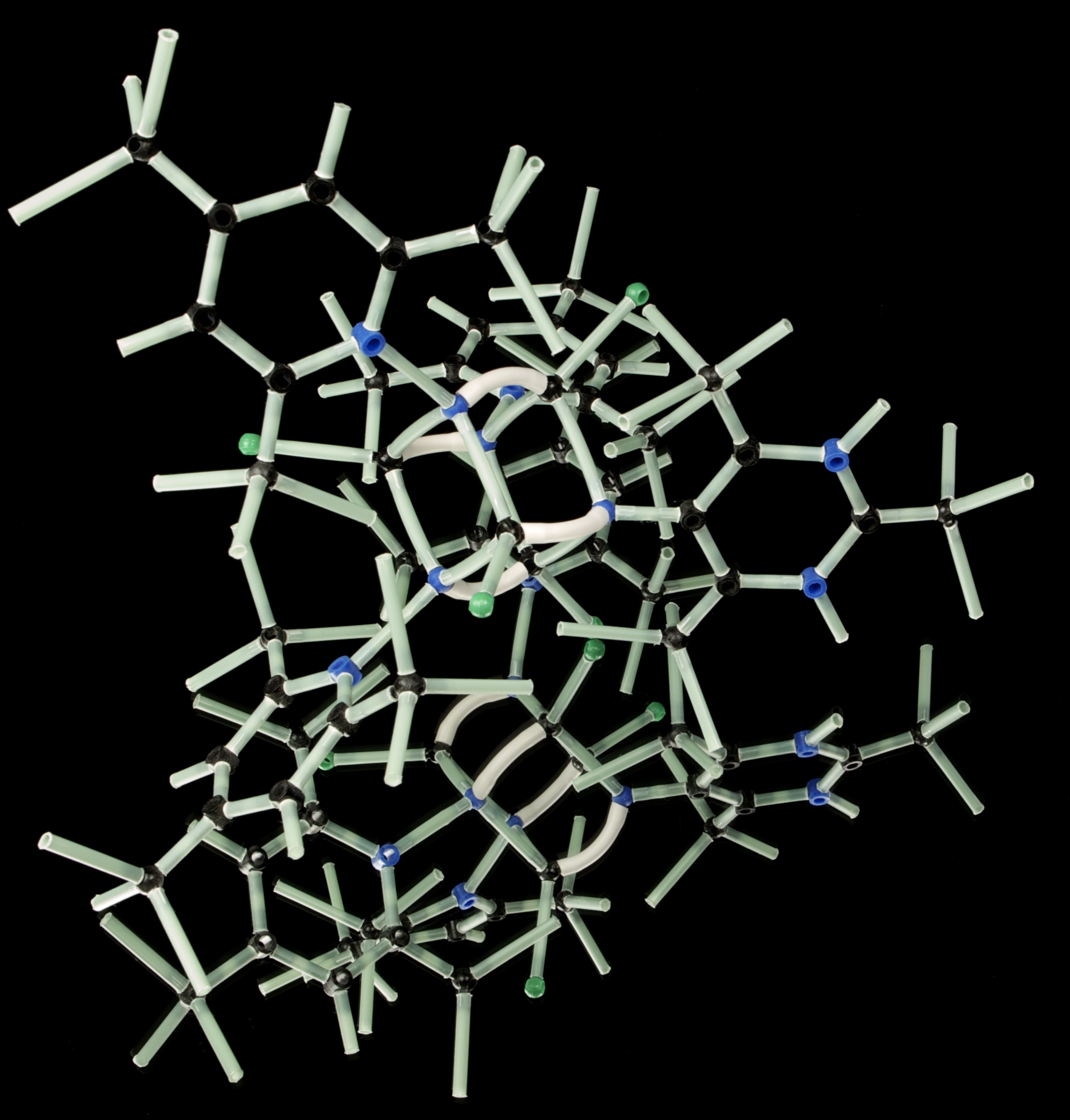Abstract
The exon-junction complex (EJC) plays a role in post-transcriptional gene regulation and exerts antiviral activity towards several positive-strand RNA viruses. However, the spectrum of RNA viruses that are targeted by the EJC or the underlying mechanisms are not well understood. EJC components from Arabidopsis thaliana were screened for antiviral activity towards Turnip crinkle virus (TCV, Tombusviridae). Overexpression of the accessory EJC component CASC3 inhibited TCV accumulation > 10-fold in Nicotiana benthamiana while knock-down of endogenous CASC3 resulted in a > 4-fold increase in TCV accumulation. CASC3 forms cytoplasmic condensates and deletion of the conserved SELOR domain reduced condensate size 7-fold and significantly decreased antiviral activity towards TCV. Mass spectrometry of CASC3 complexes did not identify endogenous stress granule or P-body markers and CASC3 failed to co-localize with an aggresome-specific dye suggesting that CASC3 condensates are distinct from well-established membraneless compartments. Mass spectrometry and bimolecular fluorescence complementation assays revealed that CASC3 sequesters Heat shock protein 70 (Hsp70-1) and Glyceraldehyde-3-phosphate dehydrogenase (GAPDH), two host factors with roles in tombusvirus replication. Overexpression of Hsp70-1 or GAPDH reduced the antiviral activity of CASC3 2.1-fold and 2.8-fold, respectively, and suggests that CASC3 inhibits TCV by limiting host factor availability. Unrelated Tobacco mosaic virus (TMV) also depends on Hsp70-1 and CASC3 overexpression restricted TMV accumulation 4-fold and demonstrates that CASC3 antiviral activity is not TCV-specific. Like CASC3, Auxin response factor 19 (ARF19) forms poorly dynamic condensates but ARF19 overexpression failed to inhibit TCV accumulation and suggests that CASC3 has antiviral activities that are not ubiquitous among cytoplasmic condensates.

